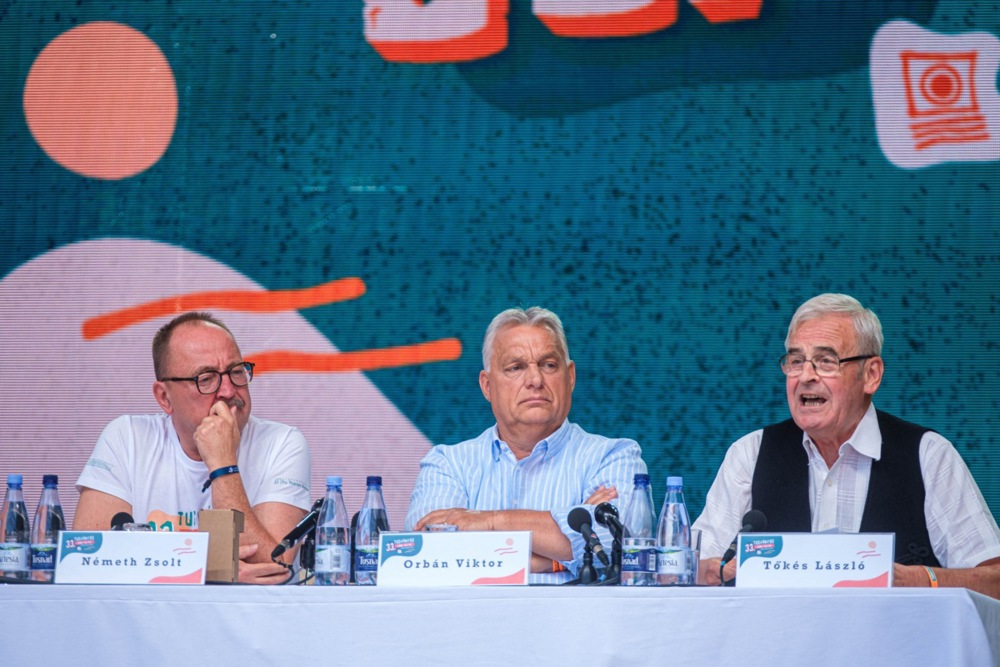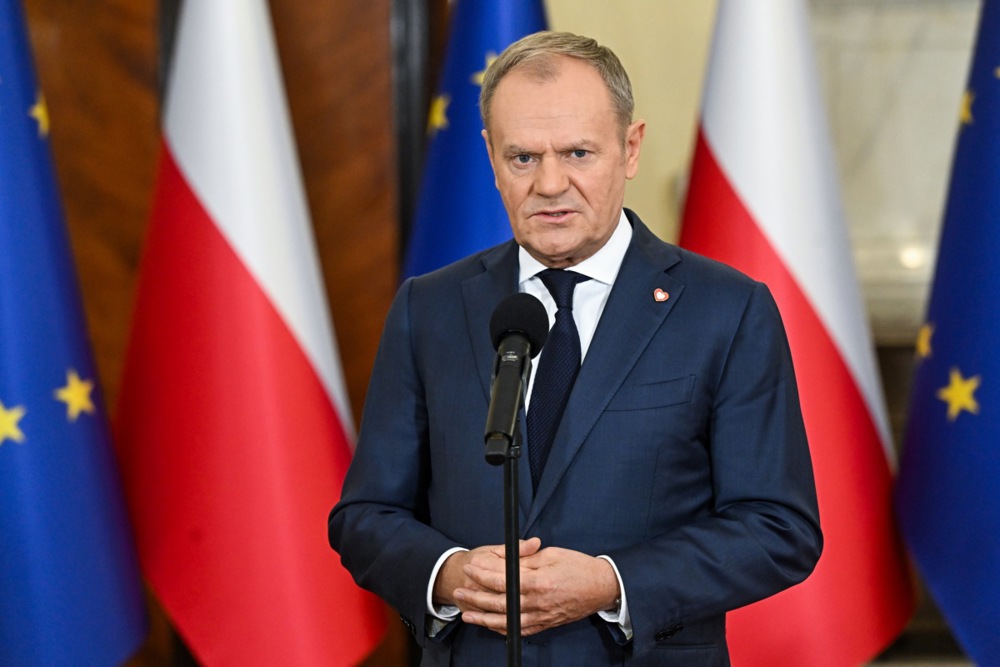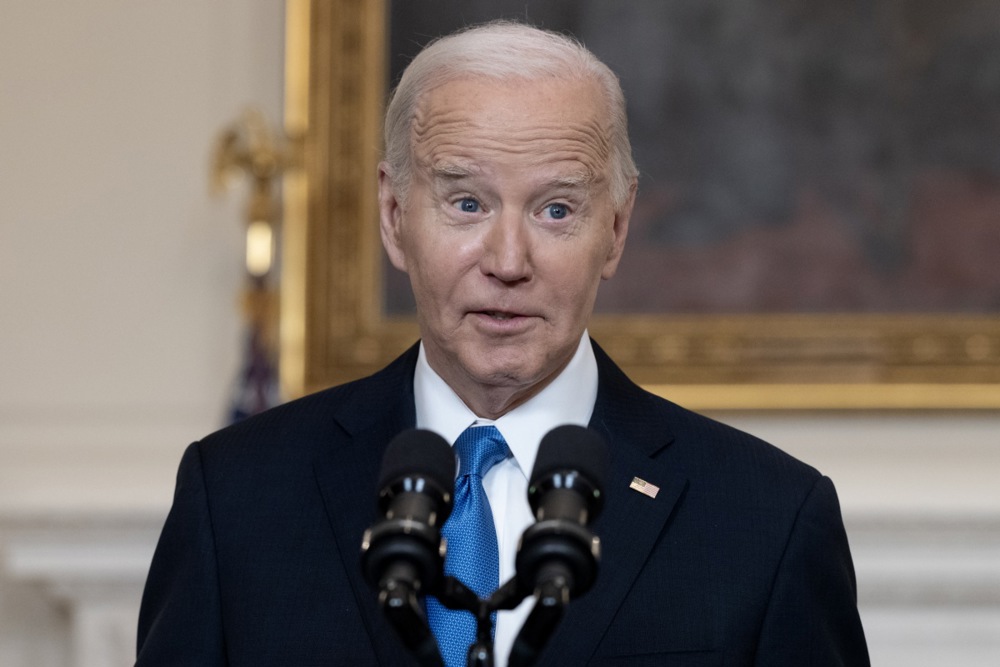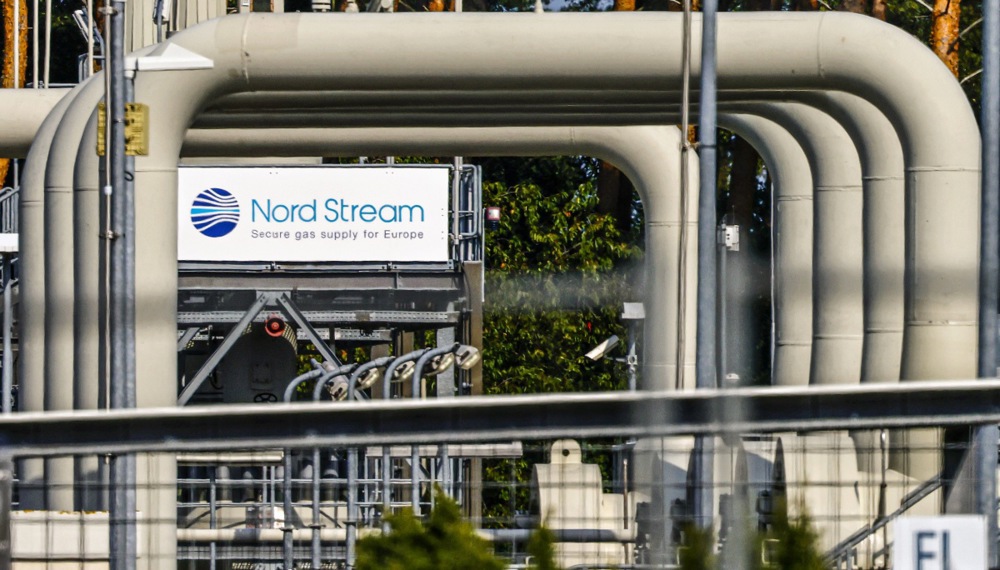Hungarian Prime Minister Viktor Orbán has attacked his Polish counterpart Donald Tusk for declaring that the conflict in Ukraine is “our war”.
He accused the Polish Prime Minister of “playing a dangerous game”.
Tusk’s remarks were made at the Warsaw Security Forum yesterday, a major summit in the country’s capital that was attended virtually by Ukrainian President Volodymyr Zelensky.
“This is our war,” claimed Tusk, referring to the ongoing conflict on Poland’s eastern border.
“Not only because of solidarity with those who are under attack, but because of our fundamental interests,” he argued, portraying Russia as an aggressor determined to go much further.
“Because the war in Ukraine is only part of this ghastly project, the goal of which is always the same: To enslave nations, to deprive individuals of freedom, to make authoritarianism, despotism, cruelty and lack of human rights triumph,” he added.
“If we lose this war, then the consequences will affect not only our generation but also the next generations in Poland, all of Europe, in the United States, everywhere in the world. Let us have no illusions about this,” warned Tusk.
Orbán, who has argued for de-escalation of the conflict within both the European Union and NATO, disagreed.
“Dear Donald Tusk, you may think that you are at war with Russia but Hungary is not. Neither is the European Union. You are playing a dangerous game with the lives and security of millions of Europeans. This is very bad!” Orbán posted on social media.
The Hungarian PM has argued the conflict is already decided in Moscow’s favour and he has previously said western plans to send large numbers of troops to Ukraine would risk a world war, which he said “nobody wants”.
Orbán remains critical of Ukraine and has refused to provide military aid to help Kyiv resist Russia’s invasion. Hungary did accept Ukrainian refugees onto its soil, though, and has approved, sometimes grudgingly, a number of EU sanctions against Russia.
He is, along with the Slovak PM Robert Fico, one of the few European leaders who have maintained ties with Russian President Vladimir Putin in the aftermath of the full invasion of Ukraine Moscow launched in 2022.
Hungary has from the start taken a different stance to that of Poland, which is ardently anti-Russian and a close ally of Ukraine.
Last year Orbán said Poland was hypocritical for “morally lecturing” Hungary over relations with Moscow while continuing to buy Russian oil, coal and fertilisers.
Poland in turn has expressed frustration with Hungary for blocking the payment of EU money to compensate member states for military aid they have provided to Ukraine.
The Polish foreign deputy minister Władysław Teofil Bartoszewski said Hungary could if it wanted leave NATO and the EU and enter into “a union with Putin and authoritarian states”.
Today Bartoszewski told commercial Polish broadcaster Radio Zet that Orban was “financing this war by buying Russian oil” and noted that only two EU members, Hungary and Slovakia, were still doing so.
Poland’s current opposition Conservatives (PiS)-allied President Karol Nawrocki, while consistently criticising the Russian invasion, has been ready to maintain close relations with Hungary and is, like Orbán, opposed to Ukrainian membership of NATO and the EU.
Tusk and Orbán were once allies when both the Polish PM’s Civic Platform and the Hungarian PM’s Fidesz parties were together in the European Parliament’s European People’s Party (EPP).
Orbán and his party left the EPP after opposing what they saw as its drift to the Left, with the Hungarian PM eventually becoming a founding member of the Patriots for Europe group.





